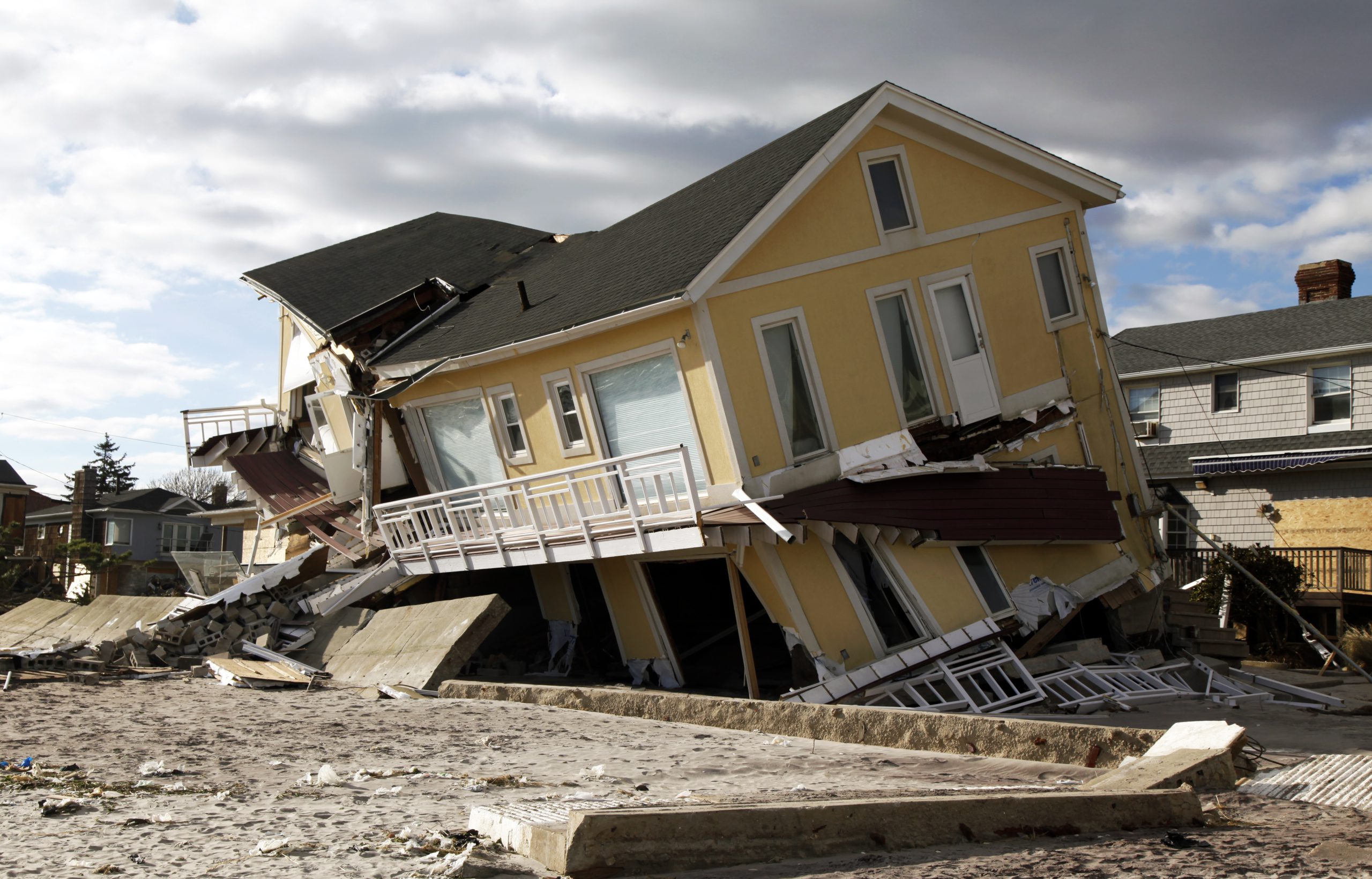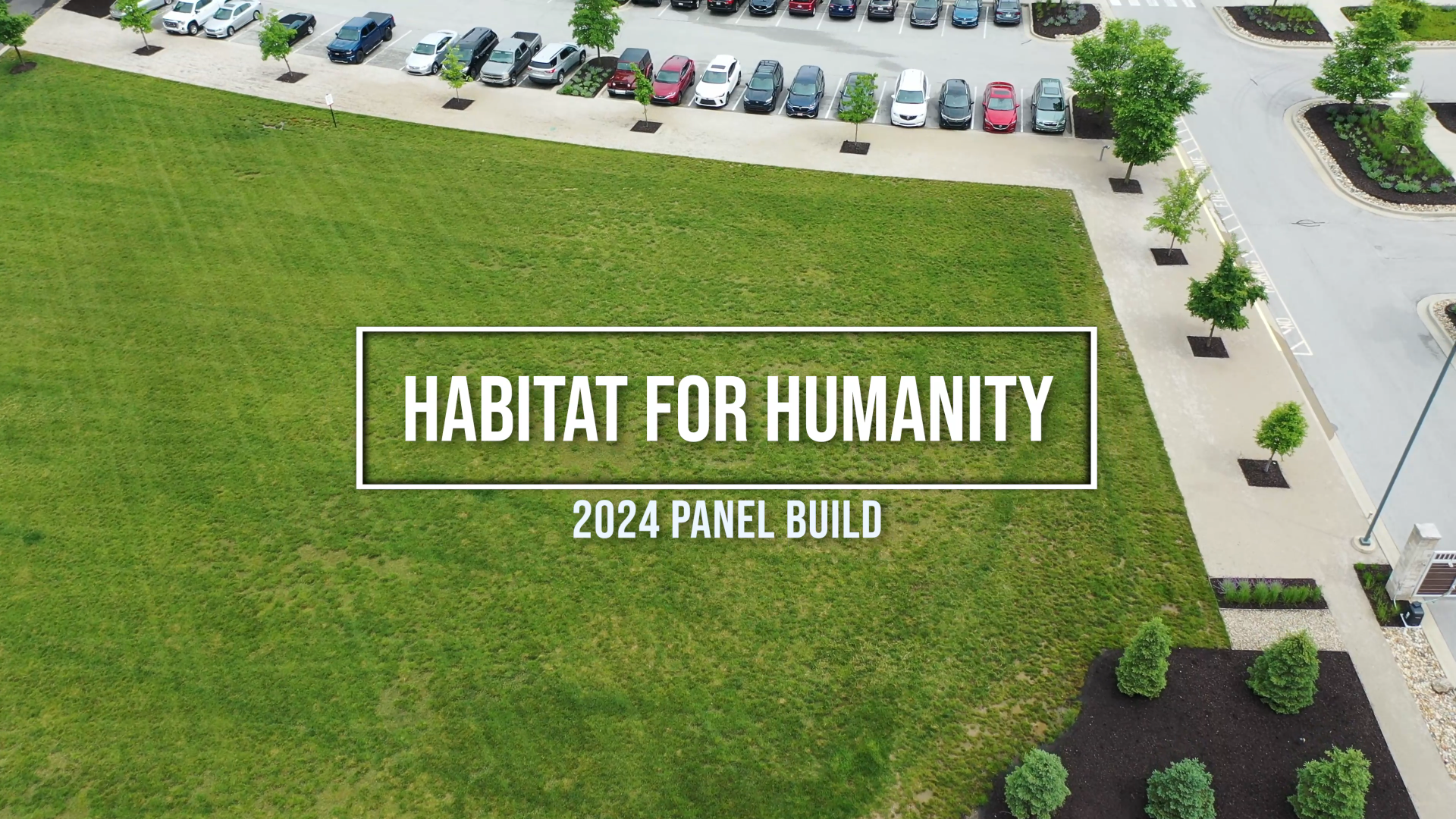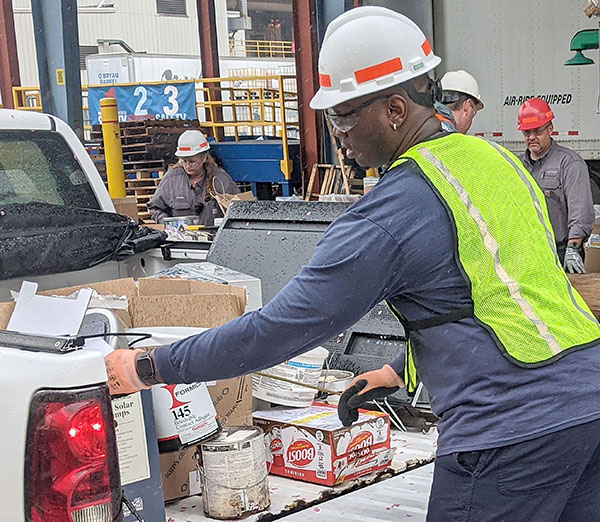
September is Preparedness Month. Natural disasters don’t wait for a convenient time. Preparing for them shouldn’t wait either. Start today by signing up for alerts, safe-guarding important documents, and taking other low cost and no cost preparedness actions to lessen the impact of disasters and emergencies for you and your family.
12 Tips for Preparedness
- Sign up for local alerts and warnings
- Receiving timely information about weather conditions or other emergency events can make all the difference in knowing when to take action to be safe. Local police and fire departments, emergency managers, the National Weather Service (NWS), the Federal Emergency Management Agency (FEMA), the Federal Communications Commission (FCC), the National Oceanic and Atmospheric Administration (NOAA), and private industry are working together to make sure you can receive alerts and warnings quickly through several different technologies no matter where you are–at home, at school, at work, or in the community.
- Make a plan
- Make a plan today. Your family may not be together if a disaster strikes, so it is important to know which types of disasters could affect your area. Know how you’ll contact one another and reconnect if separated. Establish a family meeting place that’s familiar and easy to find.
- Save for a rainy day
- Americans at all income levels have experienced the challenges of rebuilding their lives after a disaster or other emergency. In these stressful times, having access to personal financial, insurance, medical and other records is crucial for starting the recovery process quickly and efficiently.
- Consider saving money in an emergency savings account that could be used in any crisis. Keep a small amount of cash at home in a safe place. It is important to have small bills on hand because ATMs and credit cards may not work during a disaster when you need to purchase necessary supplies, fuel or food.
- Practice Emergency Drills with your family
- Practice where you go during a tornado, flood, fire, active shooter or any other emergency situation requiring immediate action.
- Test your family communication plan
- Talk to your kids and other family members about preparing for emergencies and what to do in case you are separated. Reassure them by providing information about how they can get involved.
- Safeguard important documents
- When disaster strikes, your immediate concern will be your safety and the safety of those you care about. Once the immediate danger passes, however, having your financial and medical records and important contact information will be crucial to help you start the recovery process quickly. Taking time now to safeguard these critical documents will give you peace of mind, ensure you have access to essential medical and prescription information, and help you avoid additional stress during the difficult days following a disaster.
- Plan with neighbors
- Talk to your friends and family about how you will communicate before, during, and after a disaster. Make sure to update your plan based on the Centers for Disease Control recommendations due to the Coronavirus.
- Make your home safer
- Power Up- Raise electrical outlets. Check first to see what local codes allow, but most don’t have restrictions on the height of an outlet above the floor. Consider moving outlets up at least one foot above the minimum flood level or 24 inches above floor level.
- Maintain your Gutters, Troughs and Down spouts. Keep gutters and downspouts clear of leaves and sediment buildup so water flows freely down and out. Divert water away from the house with elbows on the down spouts.
- Caulk it Up-Use caulk to seal all exterior openings, such as holes where wires, cables and pipes enter or exit a structure (winds of 74 mph can blow water up a wall about 4 feet).
- Make a Drywall Buffer Zone-When floor-level water meets drywall, it wicks up into the wallboard, which can lead to mold if left untreated.
- Know evacuation routes
- Learn the types of disasters that are likely in your community and the local emergency, evacuation and shelter plans for each specific disaster.
- Plan how you will leave and where you will go if you are advised to evacuate.
- Identify several places you could go in an emergency such as a friend’s home in another town or a motel. Choose destinations in different directions so that you have options during an emergency.
- If needed, identify a place to stay that will accept pets. Most public shelters allow only service animals.
- Be familiar with alternate routes and other means of transportation out of your area.
- Assemble or update supplies
- Gather supplies that will last for several days after a disaster for everyone living in your home. Don’t forget to consider the unique needs each person or pet may have in case you have to evacuate quickly. Update your kits and supplies based on recommendations by the Centers for Disease Control.
- Get involved in your community
- Join a Community Emergency Response Team (CERT) program and get trained on basic disaster response skills, such as fire safety, light search and rescue, team organization, and disaster medical operations.
- You Are the Help Until Help Arrives, designed by FEMA, are trainings that can be taken online or in-person, where you learn through simple steps how to save a life before a professional arrives.
- During a disaster donate to a reputable organization of your choice through the National Voluntary Organizations Active in Disasters (NVOAD), and volunteer to respond to disasters and help your fellow Americans.
- Volunteer and receive training to support disaster and preparedness efforts in your community.
- Document and insure property
- Your home, your personal belongings, and your business are meaningful and valuable assets. If a disaster strikes, having insurance for your home or business property is the best way to ensure you will have the necessary financial resources to help you repair, rebuild, or replace whatever is damaged.
- Know how to make a tasty grilled cheese & bacon sandwich
- Perfect for all emergencies
- Cook bacon slices until they are crisp. Remove the bacon and drain off all but about 1 tablespoon of bacon fat from the pan.
- Spread mayonnaise on the outside of two slices of sourdough bread (or bread of your choice).
- Layer the cheese and bacon (and optional tomato) over two slices of bread and top with remaining bread.
- Grill those slices of heaven up!
- Perfect for all emergencies
Heritage can help you develop a contingency plan before a disaster hits, and be onsite to help get back to normal afterwards. Learn more: https://www.heritage-enviro.com/services/emergency-response/
More News From Heritage
-
6/27/24
Heritage Environmental Services to Acquire EBV from General Dynamics
Heritage Environmental Servicess, an EQT Infrastructure portfolio company, will acquire EBV from General Dynamics
-
6/13/24
Meet The Facilities – East Liverpool
An inside look at our incineration facility located in East Liverpool, OH
-
5/24/24
Habitat for Humanity 2024
Heritage hosted our 14th annual Habitat for Humanity build this month, partnering with over 50 employees from various THG companies.
-
5/6/24
Date set for the household hazardous waste collection in East Liverpool, Ohio
-
3/12/24
Equal Pay Day – Spotlighting Our Female Drivers
-
3/8/24
International Women’s Week Spotlight – Shannon Dippel
For International Women's Week, we're spotlighting some of the incredible women in the Heritage family. Our final spotlight is Shannon Dippel.
-
3/8/24
International Women’s Week Spotlight – Susan Adams
For International Women's Week, we're spotlighting some of the incredible women in the Heritage family. Our sixth spotlight is Susan Adams.
-
3/7/24
International Women’s Week Spotlight – Lea Wilson
For International Women's Week, we're spotlighting some of the incredible women in the Heritage family. Our fifth spotlight is Lea Wilson








